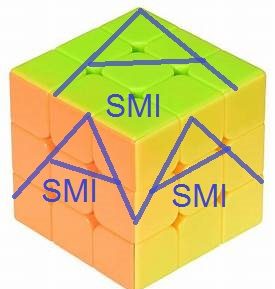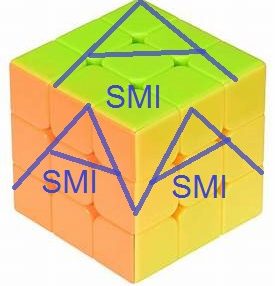India’s taxation system is among the more complex systems
globally and is constantly being updated to account for changes in the economy
and policy. The system remains prone to delays and inefficiencies as well as
substantial tax burdens for a misstep or lack of knowledge. There are
additional restrictions on foreign nationals and companies, as well as international
transactions between group companies.
At present, a company operating in India may need to pay three kinds of direct taxes – Corporate Taxes, Minimum Alternative Tax (MAT), and Dividend Distribution Tax (DDT). These are the broad guidelines for these taxes
Corporate Tax
For a domestic company, the prevailing tax rate is 30% (or 25% for SMEs). In addition to this, a surcharge may apply (based on the company’s profit levels) and a cess of 4% applies to all companies (irrespective of profit levels). Foreign companies are required to pay a basic tax rate of 40% (plus surcharge and cess).

- Minimum Alternate Tax – Because of the differences between the calculation of accounting profit and taxable profit, the Government introduced MAT which is applicable to book profits (if they exceed tax profits). The MAT rate is currently 18.5% of the book profits plus surcharge and cess. Every entity would need to pay the higher corporate tax or MAT.
- Dividend Distribution Tax – DDT is a tax payable by domestic companies on the dividend that they pay out since that dividend is tax-free in the hands of the shareholder. On the other hand, if a shareholder receives a dividend from a foreign company, he or she is liable to pay tax on it. The current DDT rates are 15% on dividend amount, plus surcharge and cess.
We assist our clients with the following services:


- Tax planning and optimisation strategy for Indian and overseas companies
- Tax planning and optimisation for proposed transactions such as mergers and acquisitions (see Transaction advisory services for more details)
- Ongoing direct tax payments and self-assessments for companies and firms
- Ongoing tax compliances (TDS, professional tax, etc.)
- Filing of tax returns for companies and firms
- Liaising with Income Tax authorities in cases of tax demands, scrutiny or disputes
- Tax audits for companies and firms in form 3CD as prescribed by the Income Tax authorities
- Employee tax calculations for companies and firms
- Interpretation of international tax codes and Double Tax Avoidance Agreements (DTAA) across geographies
- Transfer pricing studies (see Transfer pricing for more details)

